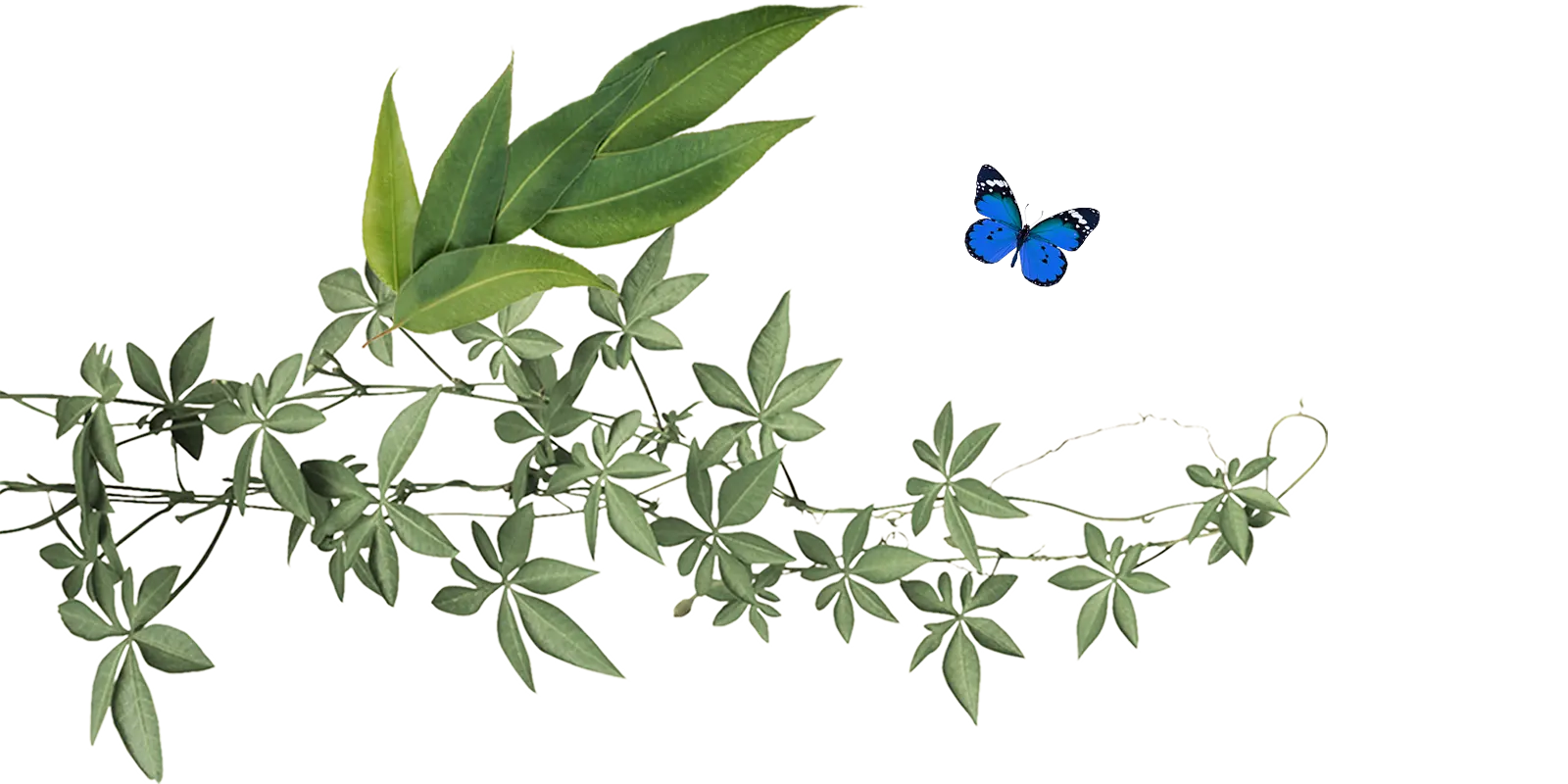A message from Rachel...
Welcome to the Rachel’s Farm film website. Maybe you are here as a consumer looking to find retailers that prioritise best-practice farming, perhaps you are custodian of some land and want to do best by it, or maybe you are simply curious to learn about what regenerative and holistic farming is all about. Whatever the reason, I’m grateful that you are interested enough to be checking in on us and learning about a way of farming that prioritises regenerating our landscapes.

About the film
In this triumphant film, director and actress Rachel Ward voyages from her own wilful ignorance about the ecological impacts of conventional agriculture, to championing a movement to restore the health of our farmland, food and climate and in doing so the wellbeing of the farming communities that sustain the nation, and ourselves.
See the film
Click the button below to find out how to see the film, host educational screenings, and/or share the film with your community or workplace.
Inspired by the film?
If you've seen the film and are inspired to learn more and take action, there are many ways you can get involved and learn more.
Consumers can make a difference by using their purchasing power to support local growers by choosing organic, regenerative, sustainable and ‘climate-positive’ produce, and by donating to organisations who are helping farmers transition their farms.
Farmers and land stewards can learn more about adopting regenerative practices and connect with local groups and organisations that can support them.
To start your learning journey, here are some of the resources featured in Rachel's Farm:
Resources featured in the film

Sustainable Table Australia - Regenerative Food and Farming Map
Sustainable Table's map is a relatively new resource and it will take time to see this map grow. However rest assured that every producer on this map has been through a rigorous vetting process.

Call of the Reed Warbler, by Dr. Charles Massy
The book that inspired Rachel's journey

Holistic Management Course
Rachel undertook an Holistic Management course with Inside Outside Management.

Ecological Outcome Verification
The farm attained the Savory Institute's Ecological Outcome Verification (EOV) and Land to Market seal via Australian Holistic Management Co-op.

Regenerative Agriculture Course
Rachel completed a regenerative agriculture course with RCS Australia.

Natural Sequence Farming
Peter Andrews supported Rachel to establish Natural Sequence Farming (NSF) on her farm.

The Good Farm Shop
Learn more about the business that Rachel's daughter Matilda and her partner Scott started after being inspired by Rachel's journey.

VRM Biologik
The catalyst product that Rachel uses to speed up the process of turning green matter into compost.

Take Action
Visit our Take Action page to find more food guides, maps, resources and opportunities for both consumers and farmers. Everyone has a role and can play a part.
What's happening now?
How is everything going on the farm? What's happened since the film was released? With the Q&A tour coming to an end, Rachel reflects on the journey so far, and gives us an update on what's been happening at the farm... Click here to learn about Rachel and Mick's workarounds for lignified grasses, the introduction of a new breed to the herd, and Rachel's Q&A tour highlights.

Philanthropic Partners
Rachel's Farm was made possible by philanthropic donations from these generous foundations, families and individuals.
VRM Biologik, Macdoch Foundation, The Yulgibar Foundation, Capricorn Foundation, John Sevior, Grow Corp Foundation, WeirAnderson Foundation, Shark Island Foundation, The Vine Foundation, Sandra Salteri, FWH Foundation, Chasam Foundation, Lisa Barlow, Anita and Luca Belgiorno-Nettis Foundation, Lisa Chung, Osborne Properties Pty Ltd, Lindy Shelmerdine, Garry Rothwell, Mark Gabsch, and Anonymous.















